
I am a Kazakh, I have died and risen thousands of times

May 31 is a witness to a difficult period in Kazakh history associated with mourning days. This day, which remains in history with the period of mass political repression and the scourge of the famine, is dedicated to the memory and veneration of the nation's intellectuals who died for the benefit of the people.
On April 14, 1993 the Law of the RK on rehabilitation of victims of mass political repressions was adopted. In 1997 by the Decree of the Head of the State N. Nazarbayev May 31 was established as the Day of Remembrance of Victims of Political Repressions and Famine. The pages of the history of the Kazakh people, "who died and rose again a thousand times", are full of courage, all those who for their homeland, and the special pride and sorrow of the country.
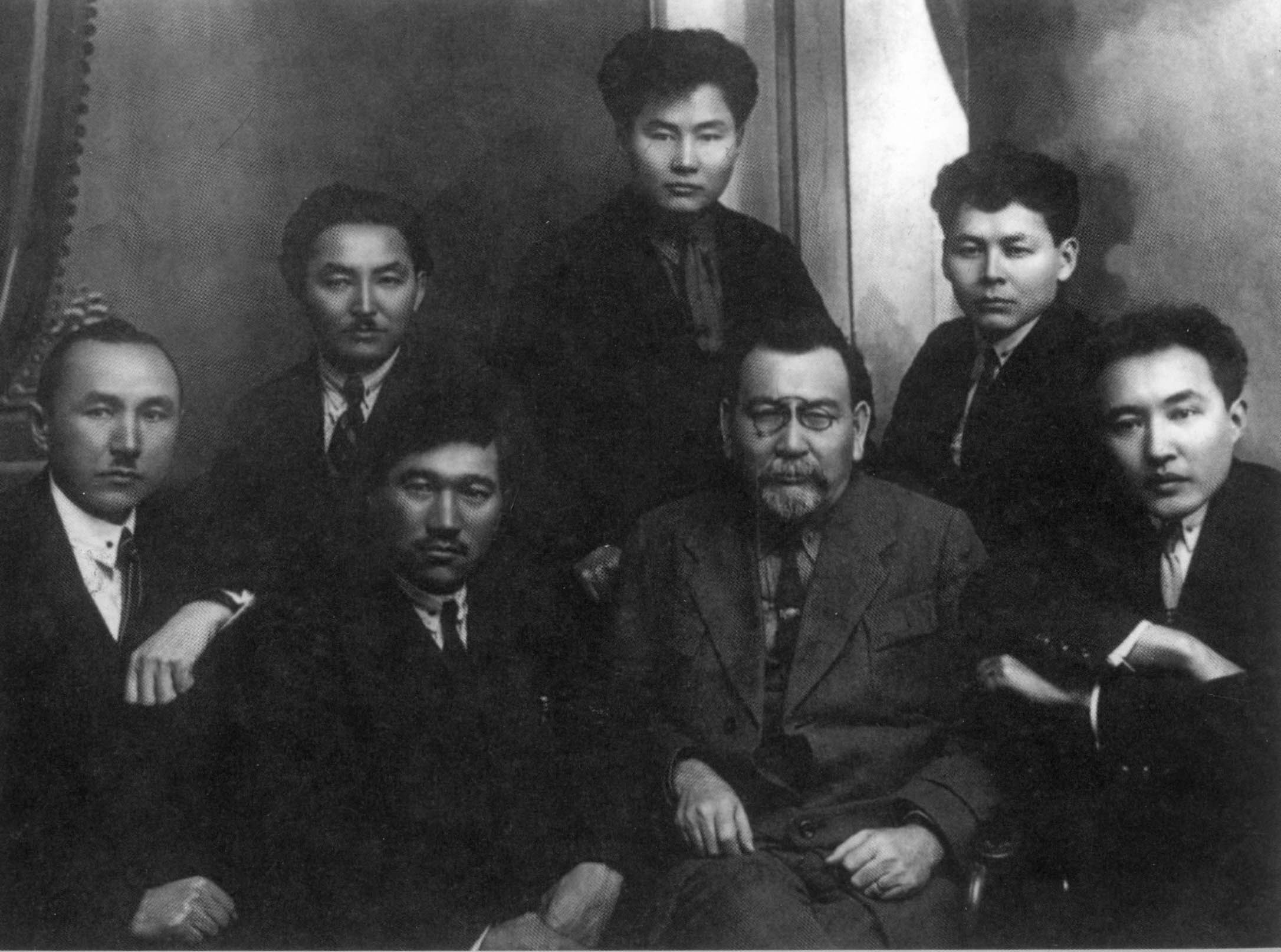
In 1925 F. I. Goloshchekin, who became the 1st secretary of the District Party Committee of Kazakhstan, after getting acquainted with the political-economic and social situation in the country, noted that "The Great October Revolution had no effect on Kazakhstan. Therefore, having come to the conclusion that a "Small October Revolution" should be made here, he began to carry out repressive measures in the republic. With the arrest of Alash figures, false slander, accusing them of "nationalists" was carried out by the underground policy. As a result Alikhan Bokeykhanov, Zhakip Akbayev, Ahmet Baitursynov, Beimbet Mailin, Magzhan Zhumabaev, Turar Ryskulov, Mukhamejan Tynyshbaev, Ilyas Zhansugurov, Saken Seifullin and other intellectuals were shot. People's figures were illegally slandered for having "Created secret counter-revolutionary organizations to overthrow the USSR.
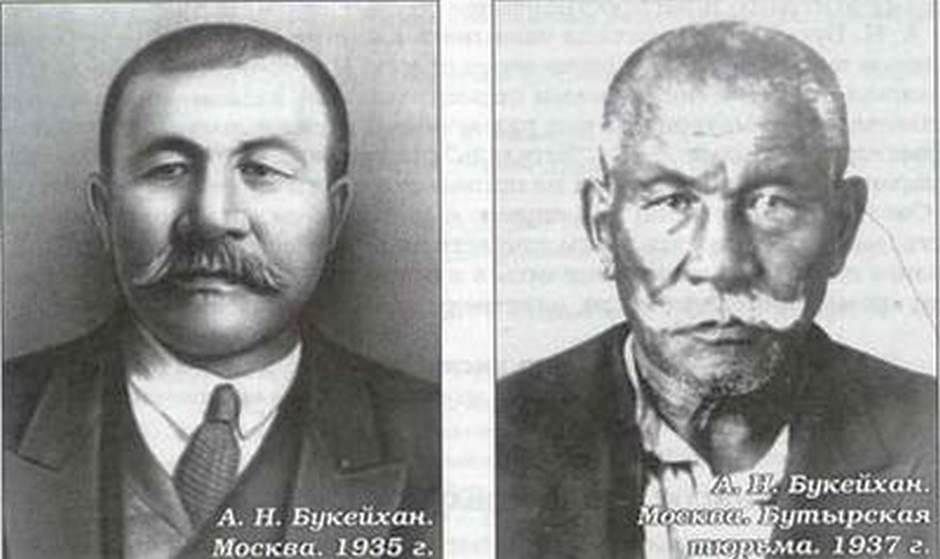
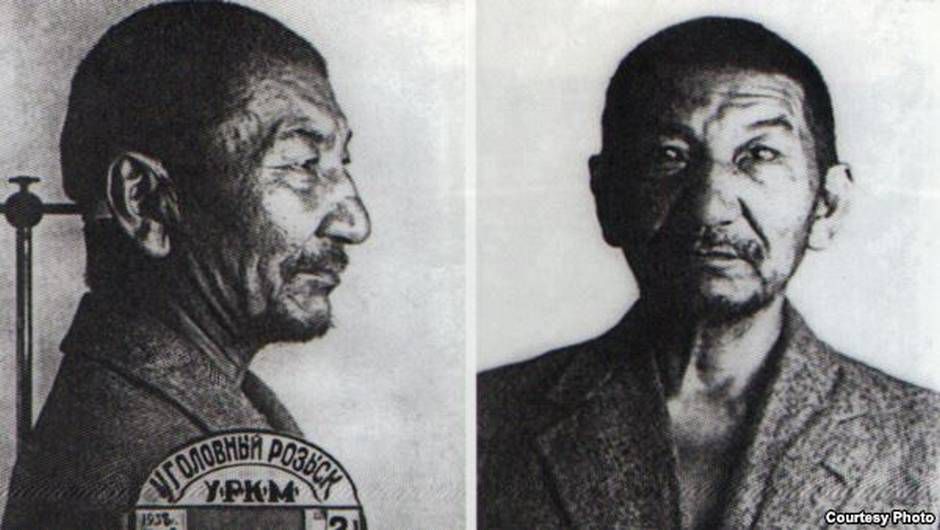
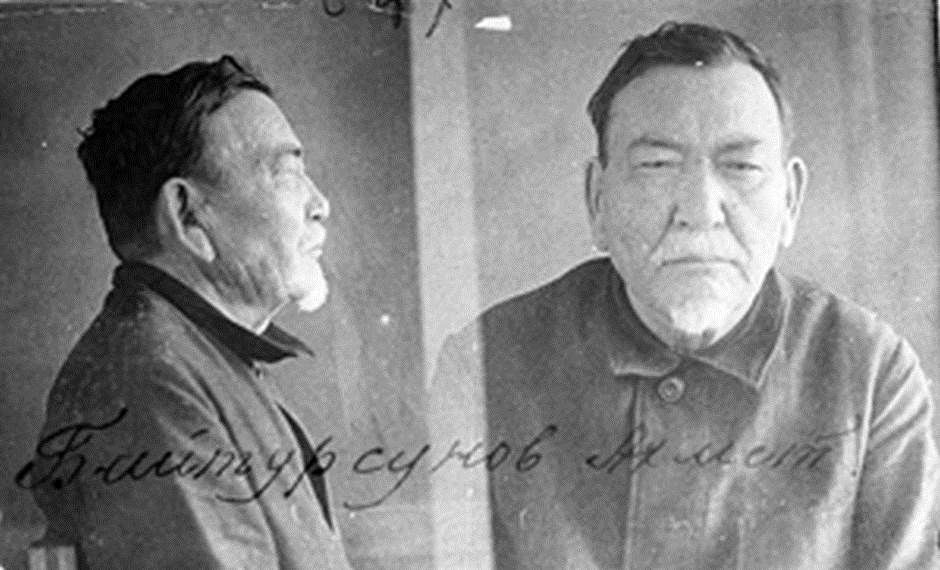
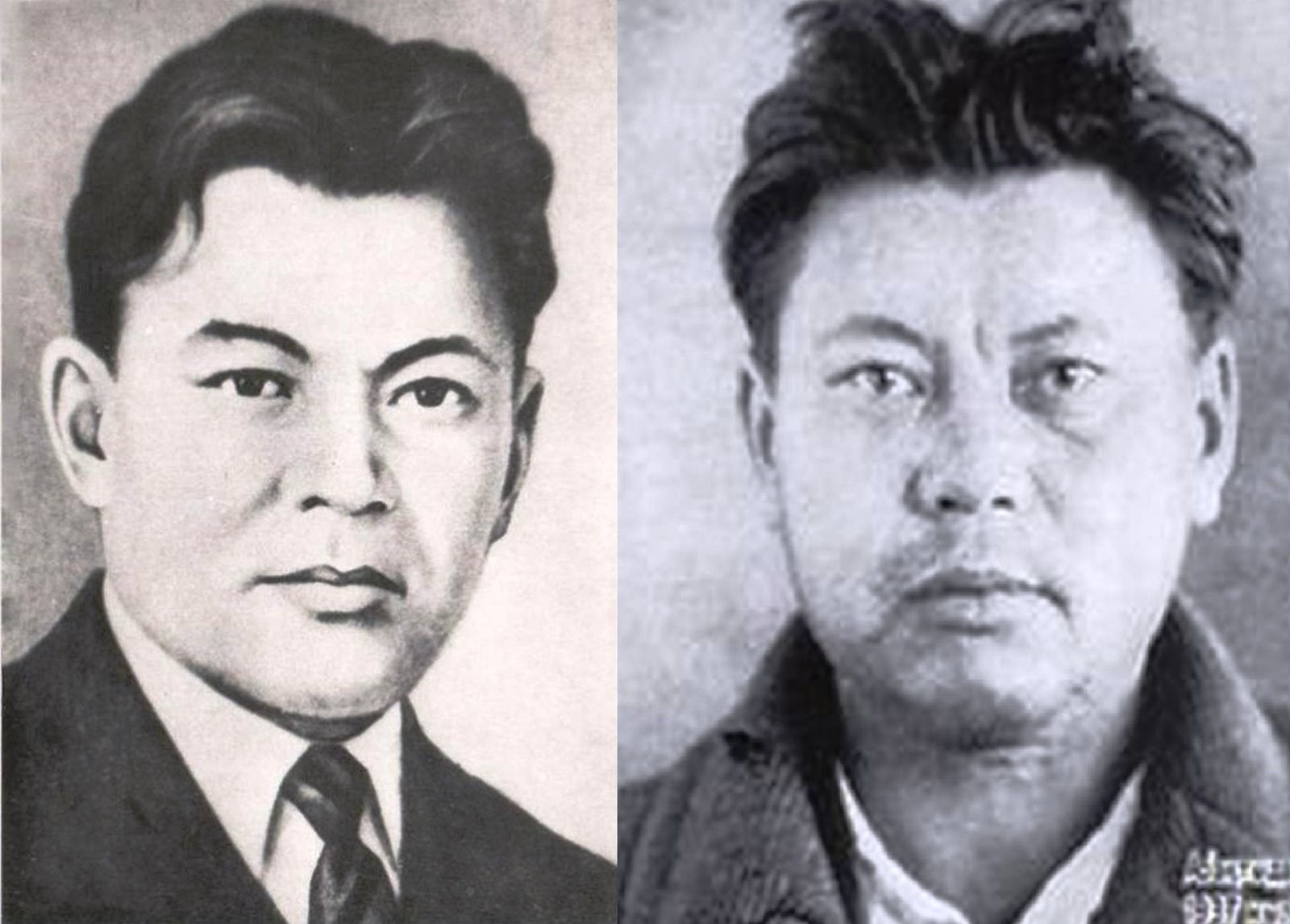
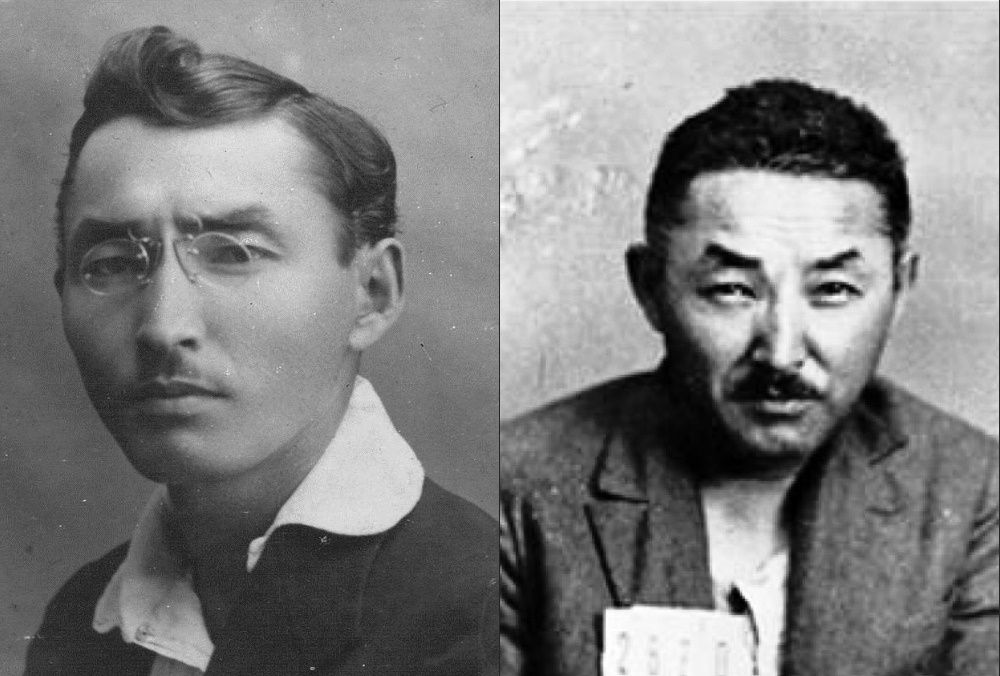
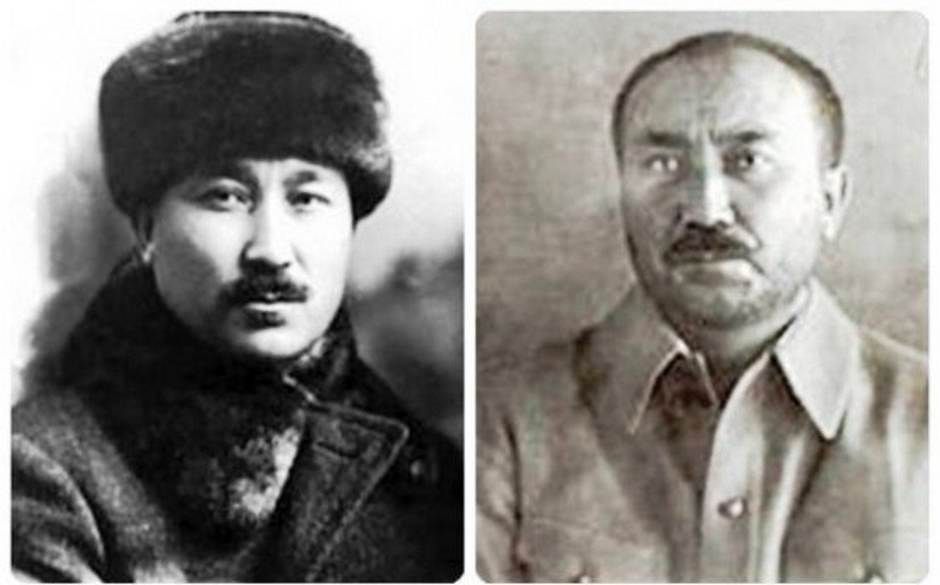
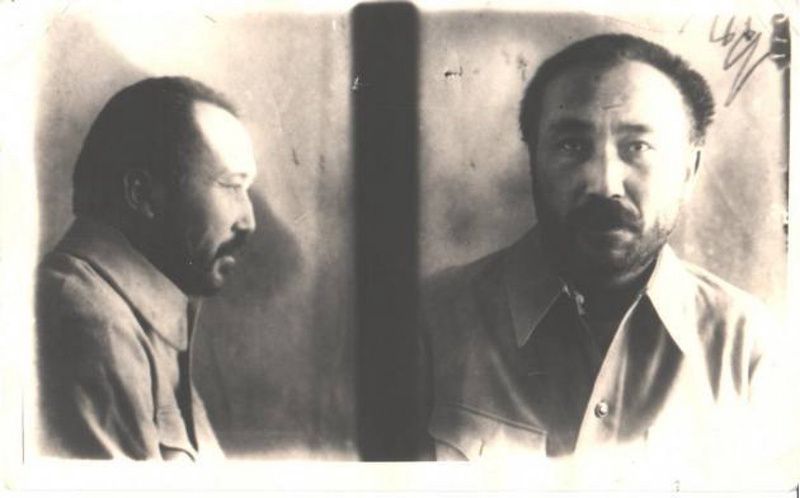
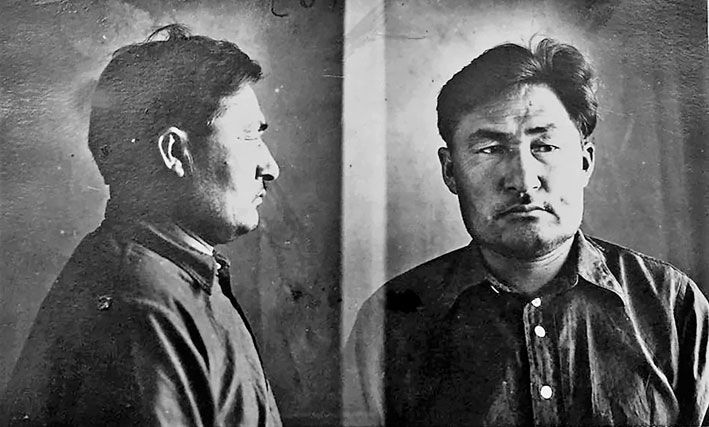
In 1927-1953 more than 125 thousand people were repressed on the territory of Kazakhstan, 25 thousand of them were shot. During the years of repression, 953 camps were established on the territory of the Soviet Union, which turned the lives of many into a hell. Three of them are located in our country.
In Kazakhstan there were special camps ALZHIR (Akmola camp, where wives of traitors to the Motherland were held), Karlag (Karaganda correctional labor camp of the People's Commissariat for Internal Affairs), Steplag (camp for political prisoners). These were camps, not only for the repressed themselves, but also for their relatives.
Camp ALZHIR, which still inspires fear at the mere mention of it, was the only torture camp in the USSR where women were held. And it was the largest camp of that period. About 30,000 women of 62 nationalities served their sentences there.
During the years of repressions, 800,000 Germans, 102,000 Poles, 19,000 Koreans, and 507,000 representatives of the North Caucasus were forcibly deported to the country. Also in the Kazakh steppe sheltered more than 1 million 500 thousand people, including Crimean Tatars, Turks, Greeks, Kalmyks and other nationalities.
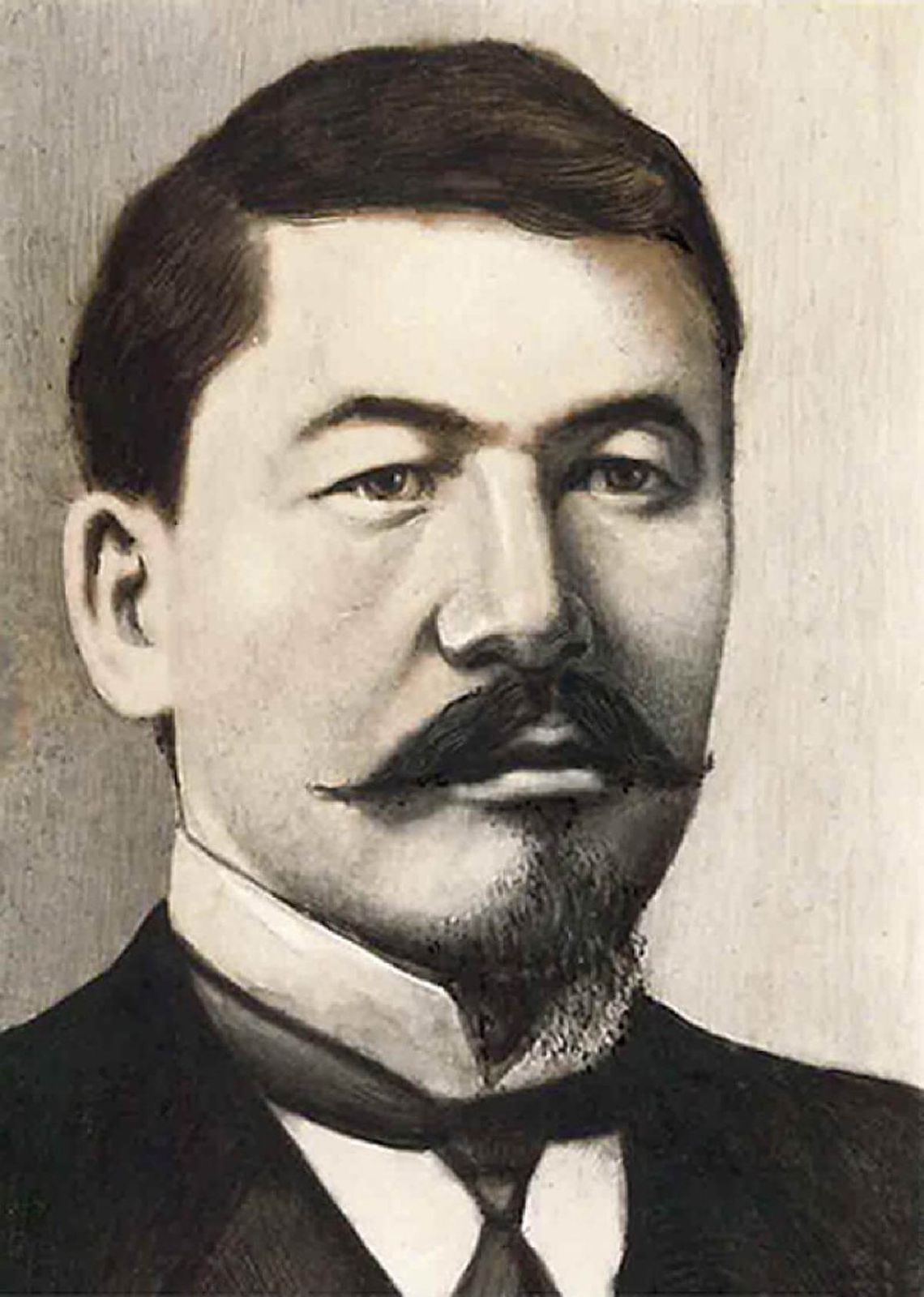
Alikhan Bokeykhanov is an organizer of the first Kazakh political party Alash, chairman of the National Autonomous Government of Alashord, scholar, literary critic, translator, and publicist.
He first introduced Abay to Russian readers. His legacy consists of thousands of essays and articles devoted to every branch. They were published in all publications in Russia and Kazakhstan.
In 1920 the Alash autonomy disappeared forever from the scene of history, and its members were persecuted. Alikhan Bokeykhanov was exiled to Moscow, where he was under house arrest for 10 years. Alikhan, who was imprisoned in Butyr prison, was sentenced to be shot in Moscow in 1937, at the age of 67. Buried at the Don Cemetery in Moscow.
Read more about Alikhan Bokeykhanov's life and work by clicking here.
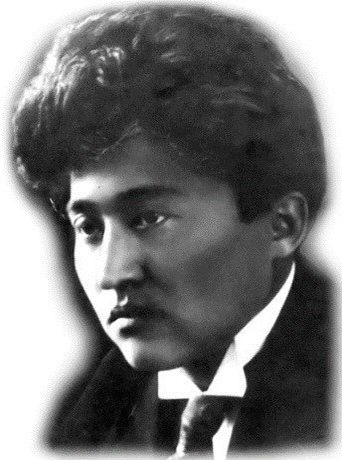
Magzhan Zhumabaev - Alash activist, lyricist, epic poet, who took an active part in people's enlightenment. One of the five Kazakh arys. He translated into Kazakh the works of Goethe, Lermontov, Blok, Gorky. He was the author of the works "Pedagogy", "Teaching the native language in elementary school". He wrote research works about Akan seri, Bazar zhyrau, Abubakir Divayev, collected examples of oral literature. He is the author of the poem "Batyr Bayan".
In 1929 he was imprisoned in Butyr prison for 10 years and exiled to Karelia on charges of forming the underground organization Alka.
In March 1937 Magzhan arrived in Almaty. He was arrested again in December 1937 and shot in February 1938 as an enemy of the people.
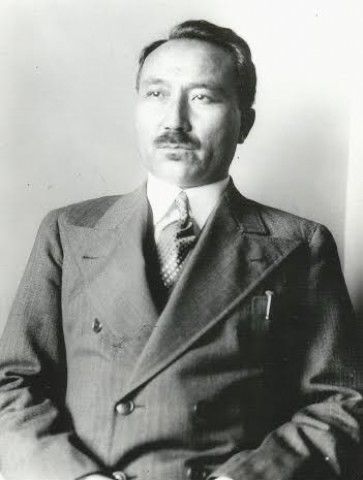
Saken Seyfullin - poet, writer, playwright, who became a classic of Kazakh literature during his lifetime. The author of the novel-essay "The narrow, slippery road".
The article "Kazakty kazak deyik, kateni tüzeteik" published in the newspaper "Yenbekshil kazak" on February 15, 1923, states that "up to now Russians call Kazakhs Kirghiz. Now this time has passed. Every Kazakh should give up the label Kirghiz and impregnate and teach the word Kazakh to the ears of other peoples. In 1925, at the 5th Congress of the Council, the name "Kazakh" was corrected. But Moscow Saken was accused of being a "nationalist". He was shot on February 28, 1939 within the walls of the Almaty NKVD.
May 31 - Day of commemoration of the victims of the famine, along with the repressions. In 1921-1933, the Kazakh steppes were twice subjected to famine. Famine of 1919 - 1922 killed 1.5 million people, famine of 1931-1933 consumed 2.5 million lives. During years of Red slaughter, which went down in history under the name "Goloshchekin genocide", Kazakh people lost 70-80% of the population. A monument to the victims of the famine has been erected in Karagaily Park at the intersection of Kabanbai Batyr and Nauryzbai Batyr Streets in Almaty.
The historical standing of the Kazakh people, who died and rose again thousands of times, on the historical stage guarantees that their generation will stand firmly on its feet, face the past with honor, step confidently into the future and find its place on the world stage. We are proud of our ancestors as sons and daughters of a noble people who say, "Sacrifice wealth for life, sacrifice life for honor. A hero's name in the memory of the nation...
Author: Asel Dagzhan
Photos: from the archive of the press service